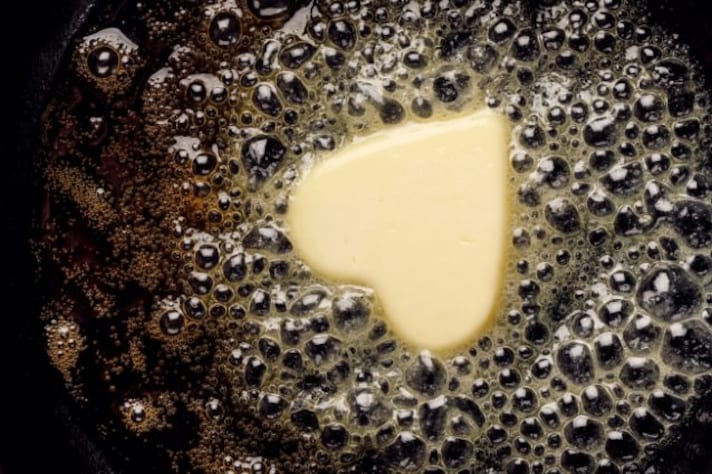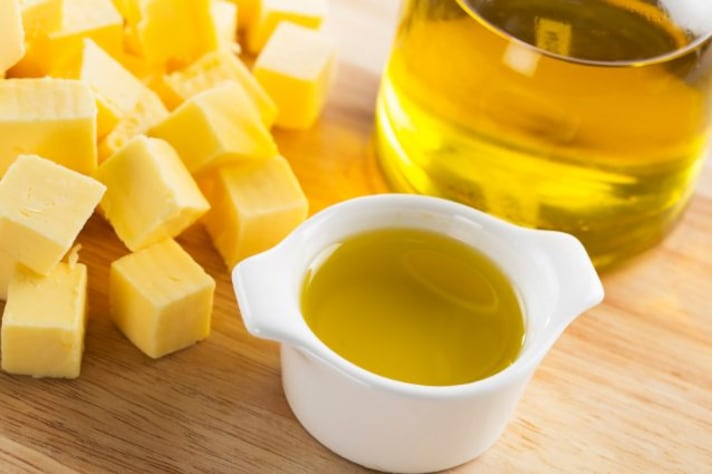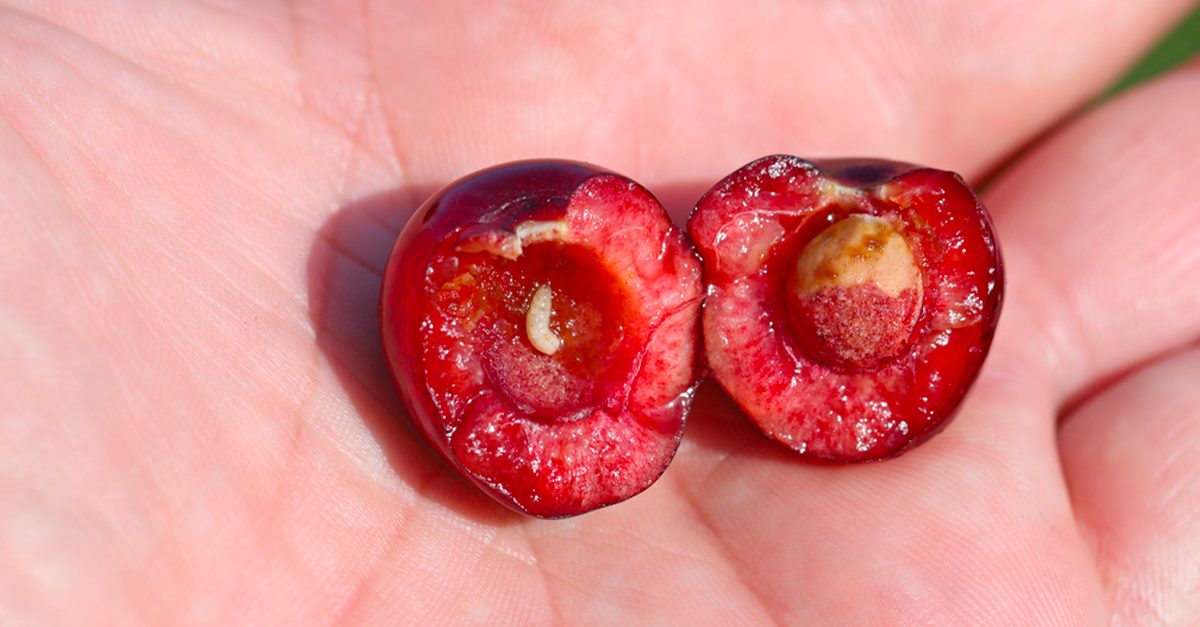Should You Cook with EVOO or Butter? Here’s What You Need to Know
Both extra virgin olive oil (EVOO) and butter are popular fats used in cooking, but they offer distinct differences in taste, health benefits, and cooking performance. Which one should you choose when cooking, and why?

Extra virgin olive oil (EVOO) is derived from the first pressing of olives, resulting in a high-quality oil that is rich in flavor and nutrients. On the other hand, butter is made from the fat in milk, often from cows, and brings a creamy texture to dishes. The primary difference between the two lies in their sources, flavor profiles, and how they respond to heat.
EVOO has a fruitier, more pronounced flavor with a slight peppery note, making it an ideal choice for dressings, drizzles, and sautéing vegetables. Butter, however, offers a creamy, rich taste and adds depth and richness to baked goods and sauces.
EVOO Vs. Butter: Which is Healthier for You?
When it comes to health benefits, EVOO tends to come out on top. Rich in monounsaturated fats and antioxidants, particularly polyphenols, extra virgin olive oil is linked to numerous health benefits, including improved heart health, reduced inflammation, and lower cholesterol levels. It is a staple of the Mediterranean diet, often praised for its heart-protective qualities.

Butter, on the other hand, contains more saturated fats, which have been associated with higher cholesterol and an increased risk of heart disease when consumed in excess. However, butter also contains vitamins A, D, E, and K, as well as conjugated linoleic acid (CLA), which has potential health benefits, such as promoting muscle growth and reducing body fat.
In terms of calories, both fats are high-energy foods, with EVOO and butter containing similar amounts per tablespoon (around 120 calories). Therefore, moderation is key with both, but EVOO is generally seen as the healthier option for everyday use.
EVOO Vs. Butter: Cooking and Usage Differences
The two fats also differ in how they behave when exposed to heat. EVOO has a smoke point of around 160°C to 210°C, depending on its quality, making it suitable for low to medium-heat cooking like sautéing or grilling. However, EVOO can lose some of its beneficial properties and develop a bitter taste when overheated, so it's best reserved for lighter cooking methods or used as a finishing oil.

Butter, with a smoke point of around 150°C, is prone to burning at lower temperatures due to the milk solids it contains. This is why butter browns when used in cooking, imparting a rich, nutty flavor to dishes like sauces and sautéed vegetables. For high-heat cooking or frying, butter is often combined with oil to raise its smoke point or clarified into ghee, which removes the milk solids.
;Resize,width=767;)
;Resize,width=712;)
;Resize,width=712;)
;Resize,width=712;)
